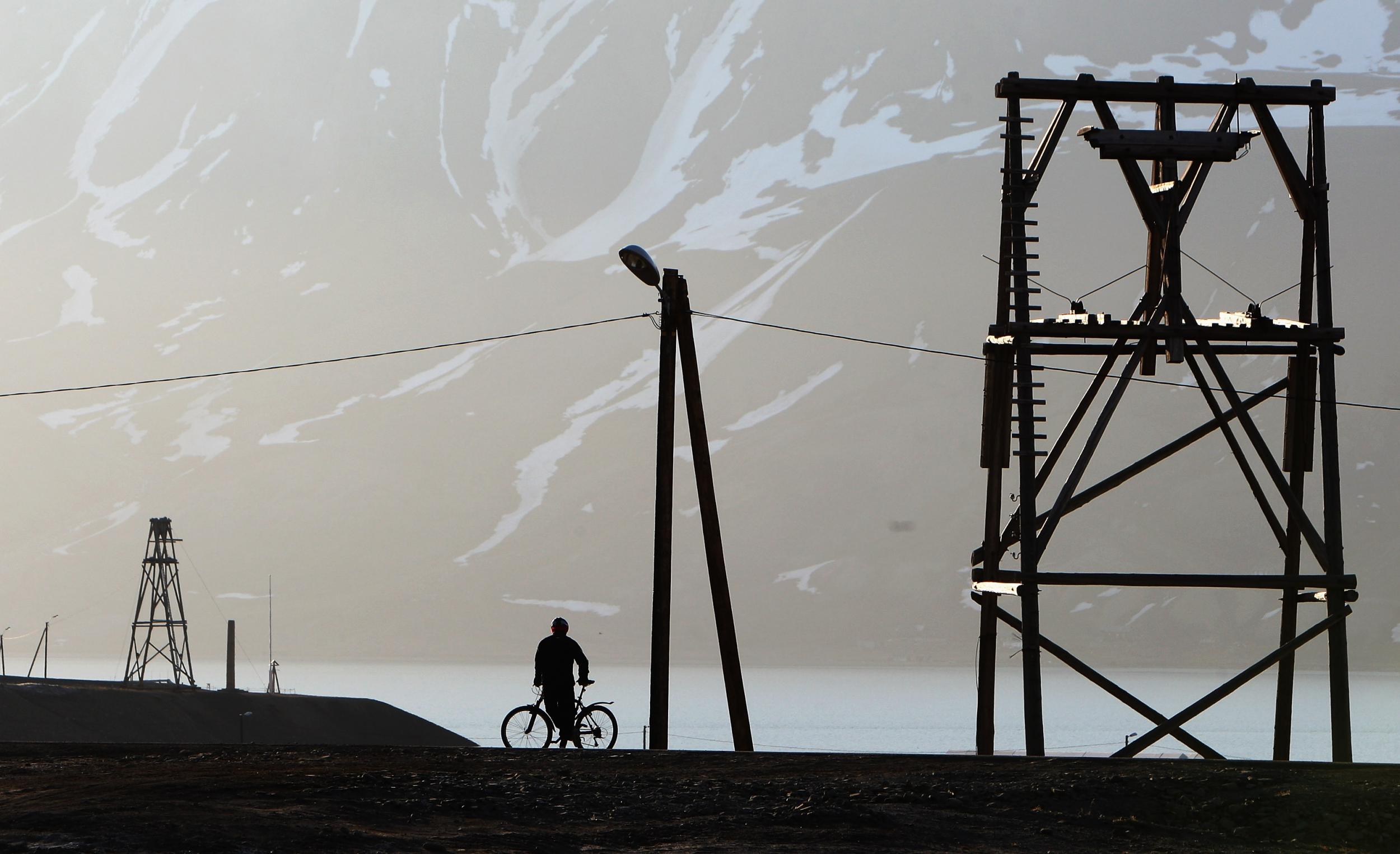Norway's $1 trillion sovereign wealth fund may extend emissions blacklist to include more companies
The fund's ethics watchdog will look at more firms in the energy, steel and concrete industries and add shipping firms

The ethics watchdog for Norway’s $1-trillion sovereign wealth may blacklist more companies that produce too much greenhouse gas by scrutinising more industry sectors, including shipping and power.
Carbon emissions became a criteria for exclusion from the fund in 2016 and last year the watchdog recommended that “a small handful” of firms be excluded from the fund for producing too much greenhouse gas emissions in either the oil, cement and steel industries.
Those recommendations are currently under review with the board of the central bank, which oversees the fund, and a public announcement is expected soon, the bank’s governor told Reuters on 27 February.
Johan Andresen, chair of the fund’s publicly appointed Council on Ethics, said the watchdog would look at more firms in the energy, steel and concrete industries and add more sectors, including shipping and power producers.
Speaking in an interview ahead of publication of the council’s annual report on Thursday, he said: “I expect there will be more companies recommended for exclusions based on the climate criteria.”
“Shipping and power producers are among the sectors we may be looking at.”
The world’s largest sovereign wealth fund was created from the proceeds of Norway’s oil industry and operates under ethical guidelines set by parliament.
It owns shares in 9,100 companies, 1.4 per cent of the world’s listed equity, so its decisions to drop or reinstate companies from its investments carry considerable weight among investors.
Mr Andresen said a company that is a big emitter of climate gases must show what plans it has to cut emissions by 2030 to remain in the fund’s portfolio, revealing for the first time what factors the watchdog takes into account.
“If they are very big emitters of greenhouse gas on an aggregate level and they are ‘worst in class’, they will really have to move,” said the 56-year-old Norwegian, who also owns private investment vehicle Ferd.
“They will need to have very credible plans to reduce emissions, that they have said they are going to do, not only to us, but to their shareholders.”
The fund itself has proposed dropping oil and gas stocks from its benchmark index which, if accepted, would mean the fund would cut stakes in oil and gas companies over time.
The proposal is currently under review at Norway’s finance ministry and will be voted on by parliament at a later date. Even if it goes ahead, the ethics watchdog will still have plenty of high polluters to examine.
“It would reduce the number of suspects we are looking at, but I don’t think we will be out of work,” said Mr Andresen. He declined to name specific companies.
CORRUPTION WATCH LIST
The fund has also been looking at blacklisting companies because of corruption risks. One is Brazil’s Petroleo Brasileiro which is on a watch list for possible exclusion in the future if the ethics watchdog deems there is a risk of corruption.
In January, state-controlled Petrobras agreed to pay $2.95bn to settle a US class action corruption lawsuit.
The fund held a 0.68 per cent stake in Petrobras worth $436m at end-2017, according to fund data.
Andresen said that while there were parts of Petrobras that were trying to change their practice to a more sustainable one, an “inherent challenge” was the practice of changing Petrobras’ board members whenever a new government came to power.
“It is going to take some time for state-controlled companies to understand that they must adhere to these compliance practices which minority shareholders, or other shareholders, expect and which is the basis for which they are listed,” he said.
The watchdog has an ongoing evaluation under the watch list scheme, he said. “We will just have to decide what kind of risk that entails and whether it makes it (Petrobras) more or less likely to be engaged in gross corruption in the future.”
HUMAN RIGHTS
The fund’s ethics procedure was launched at the start of the millennium and 73 companies are presently excluded on recommendations by the Council on Ethics, on various grounds.
Another 69 companies are excluded directly by the central bank based on their dependence on thermal coal.
The fund gradually sells shares in any company it wishes to drop, before any announcement is made. The main aim is to remove the ethical risk.
The fund is forbidden by law from investing in companies that produce nuclear weapons or landmines, or are involved in human rights violations, among other criteria.
This year, Mr Andresen said the ethics panel would definitely make a recommendation for exclusion due to the risk of corruption and was working actively on recommending exclusions regarding human rights violations in the textile industry in Asia.
He also anticipated there could be more recommendations against shipping companies for the practice of “beaching” — running old vessels aground to be picked apart by manual labour. The fund excluded four shippers on these grounds in January.
Reuters
Subscribe to Independent Premium to bookmark this article
Want to bookmark your favourite articles and stories to read or reference later? Start your Independent Premium subscription today.

Join our commenting forum
Join thought-provoking conversations, follow other Independent readers and see their replies